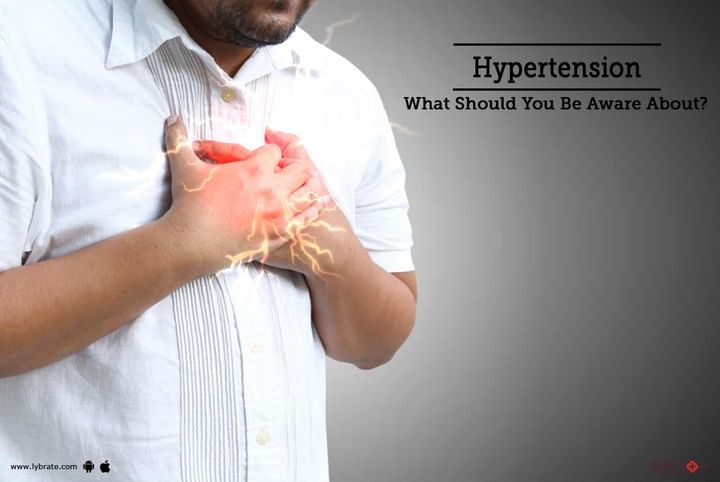Hypertension - What Should You Be Aware About?
High blood pressure or hypertension is a condition where the long term force induced by blood on the artery walls may lead to health complications. In some cases, high blood pressure can be a chronic condition without any visible symptoms. The normal value of blood pressure is 120/80 mm Hg. Even if high blood pressure doesn't have any obvious symptoms, it can cause significant damage to cardiovascular health and blood vessels. Uncontrolled hypertension exposes you to the risks of stroke and cardiac arrest. Following are the causes and complications of hypertension:
Causes of Hypertension:
The causes of hypertension vary depending on the two types of the condition namely primary hypertension and secondary hypertension. In the case of primary hypertension, there are hardly any identifiable causes.
Recently diagnosed high blood pressure with following signs may be due to secondary hypertension:
- High blood pressure not responding to blood pressure medications (resistant hypertension)
- Very high BP — systolic blood pressure over 180 (mm Hg) or diastolic blood pressure over 120
- Sudden-onset high blood pressure before age 30 or after age 55 Risk factors includes-
- High blood pressure tends to run in families.
- Being overweight or obesity, physically inactivity.
- Using tobacco/ smoking or chewing tobacco, too much salt (sodium) in your diet, drinking too much alcohol.
- Having more than two drinks a day for men and more than one drink a day for women may affect your blood pressure.
- Stress. High levels of stress /family history of high BP
Certain medications like contraceptives, painkillers and some other drugs:
- Sleep disorders
- Problems related to the kidney
- Tumors in the adrenal gland
- Thyroid issues
- Congenital heart defects from birth
- Drug abuse
- Excessive consumption of alcohol
- Complications of hypertension
Persistent high blood pressure can result in atherosclerosis that is hardening of the arteries. This can severely wreck cardiovascular health and cause stroke, heart attack or other complications. Hypertension can also result in a disorder called aneurysm in which the blood vessels tend to swell and weaken. Rupture of an aneurysm can be fatal.
Heart failure is one of the most serious complications associated with hypertension. It becomes increasingly difficult for the heart to pump blood along with the high pressure. Consequently, the heart muscle thickens and leads to cardiac arrest. It can also lead to kidney problems. Narrowing and weakening of certain blood vessels present in the kidney can cause organ failure. It can also lead to eye problems and sometimes even loss of vision due to narrowing or thickening of blood vessels in the eye.
Metabolic syndrome, which refers to a cluster of deficiencies in the metabolism of your body including high triglycerides, low levels of good cholesterol (High-density lipoprotein) and high levels of insulin. These metabolic disorders increase the risk of developing diabetes and other complications. Uncontrolled high blood pressure and interference with your ability to remember and think. It can trigger memory loss and affect your understanding and deriving skills.



+1.svg)
